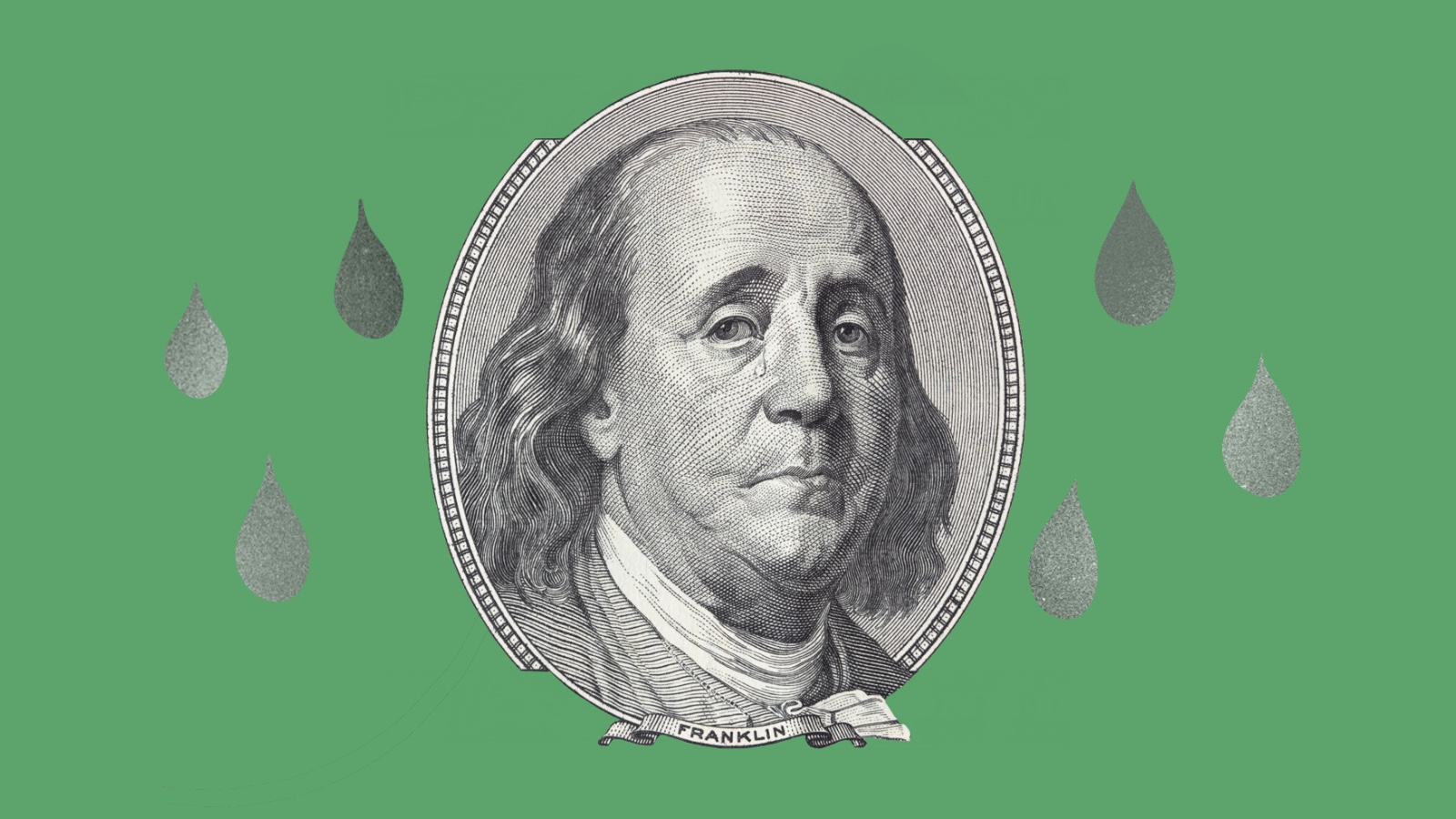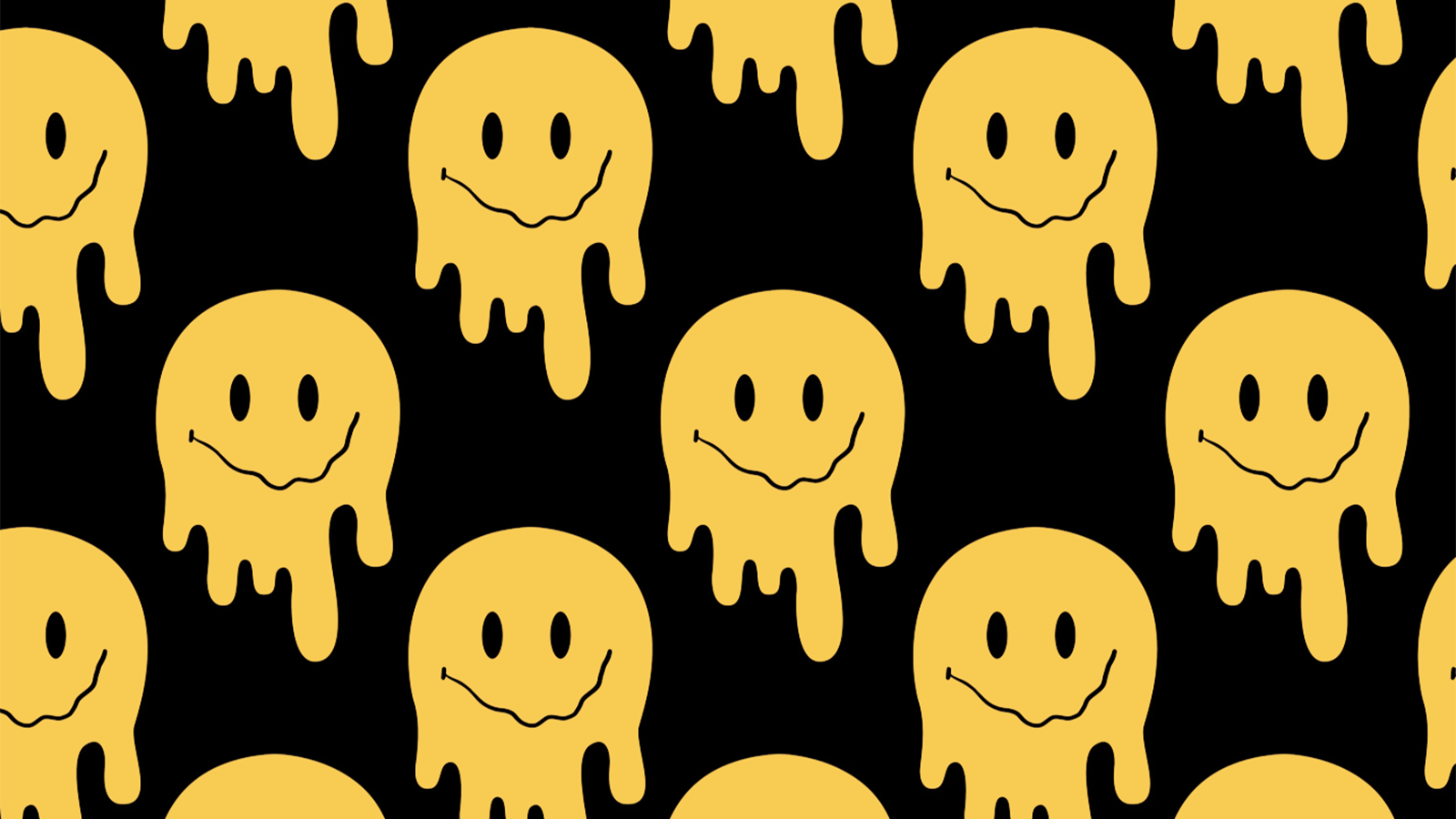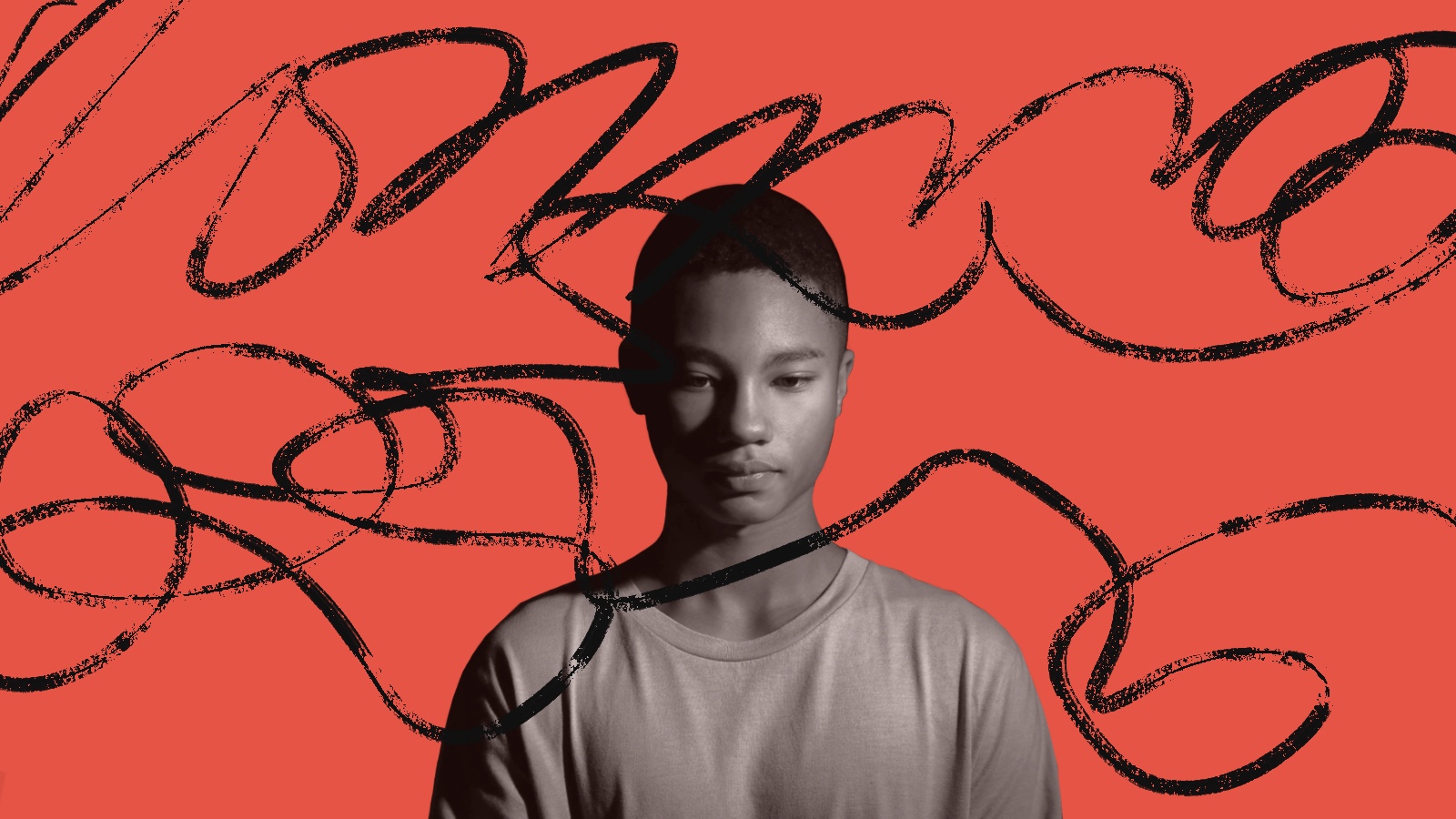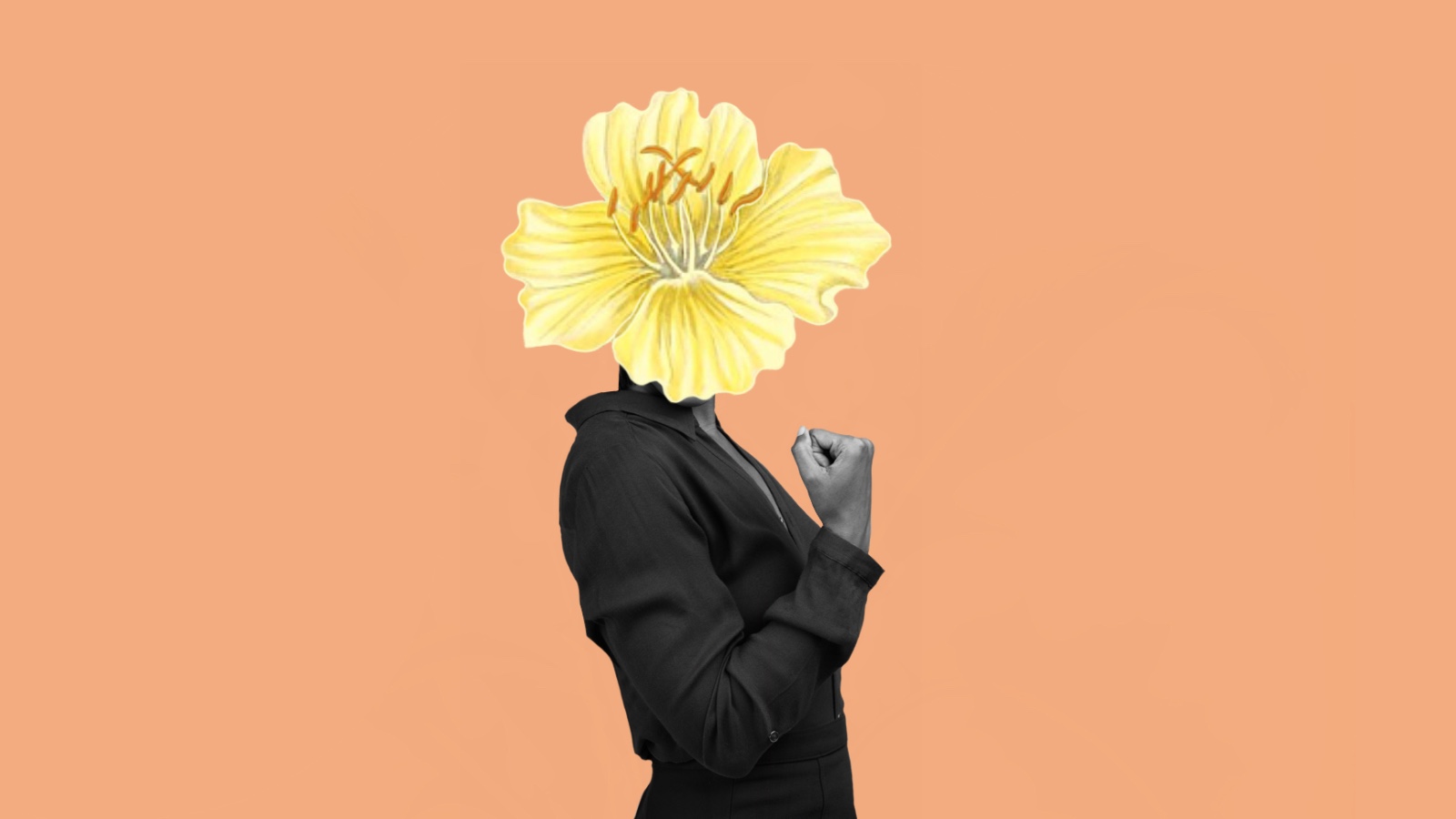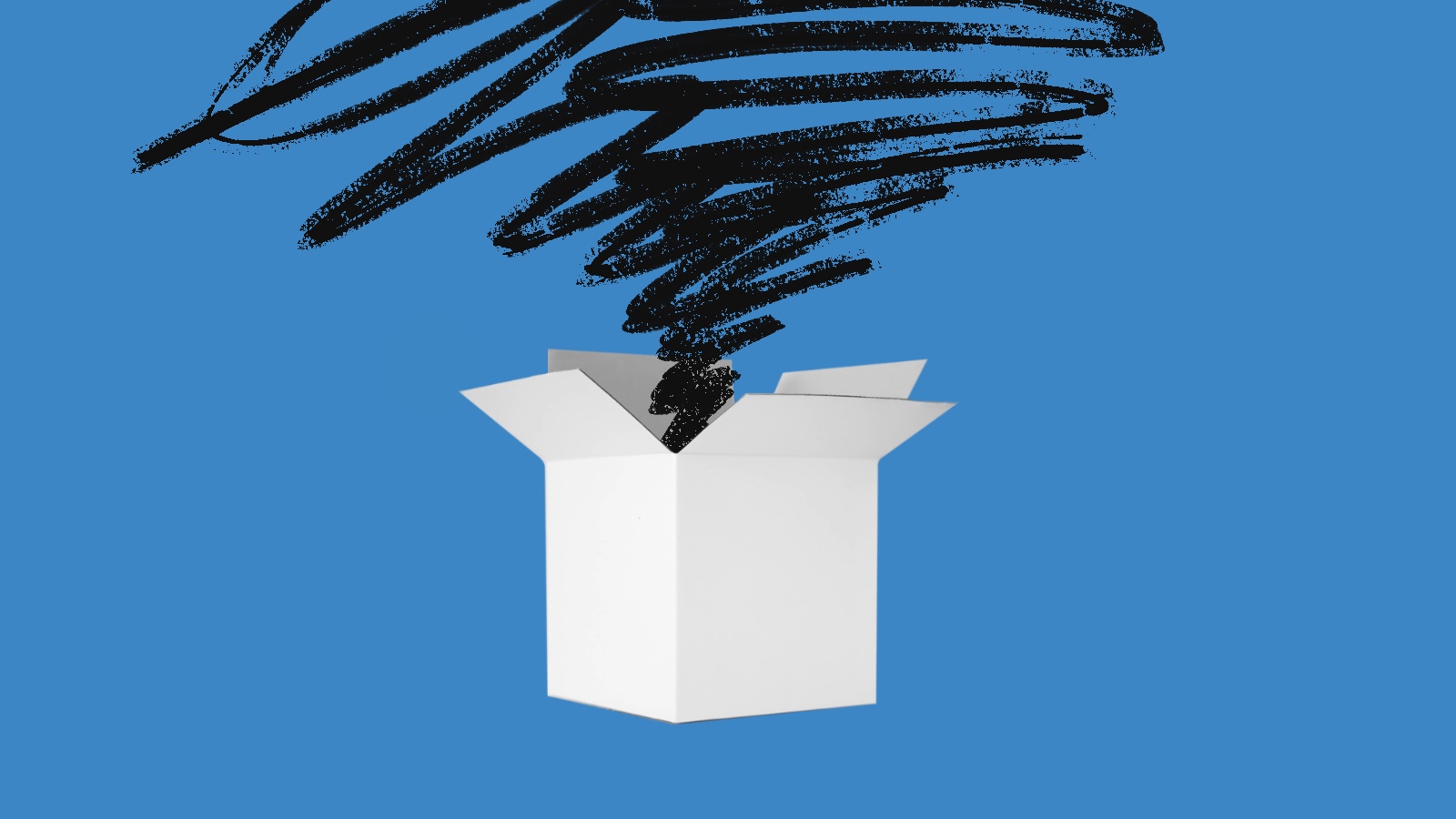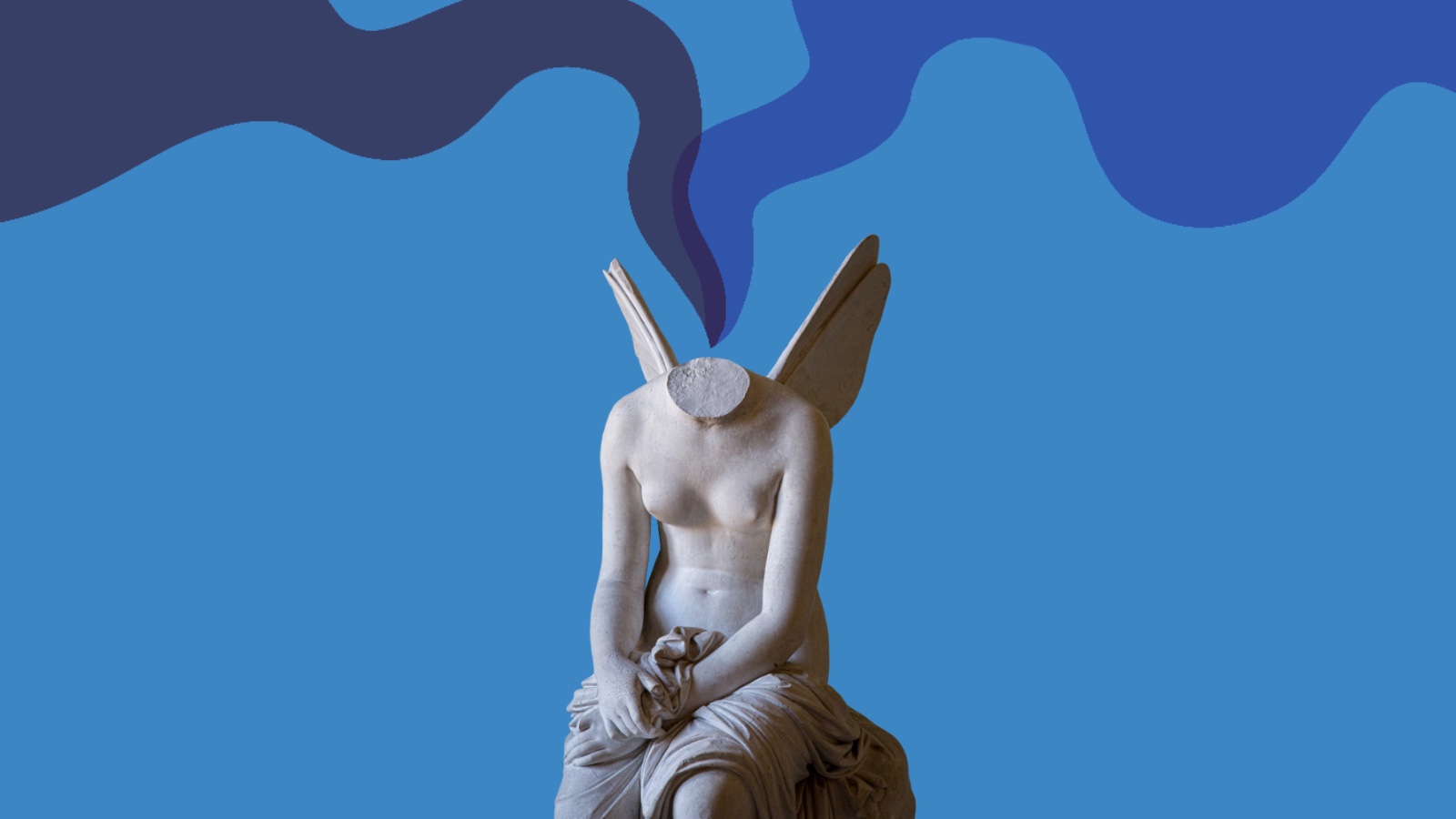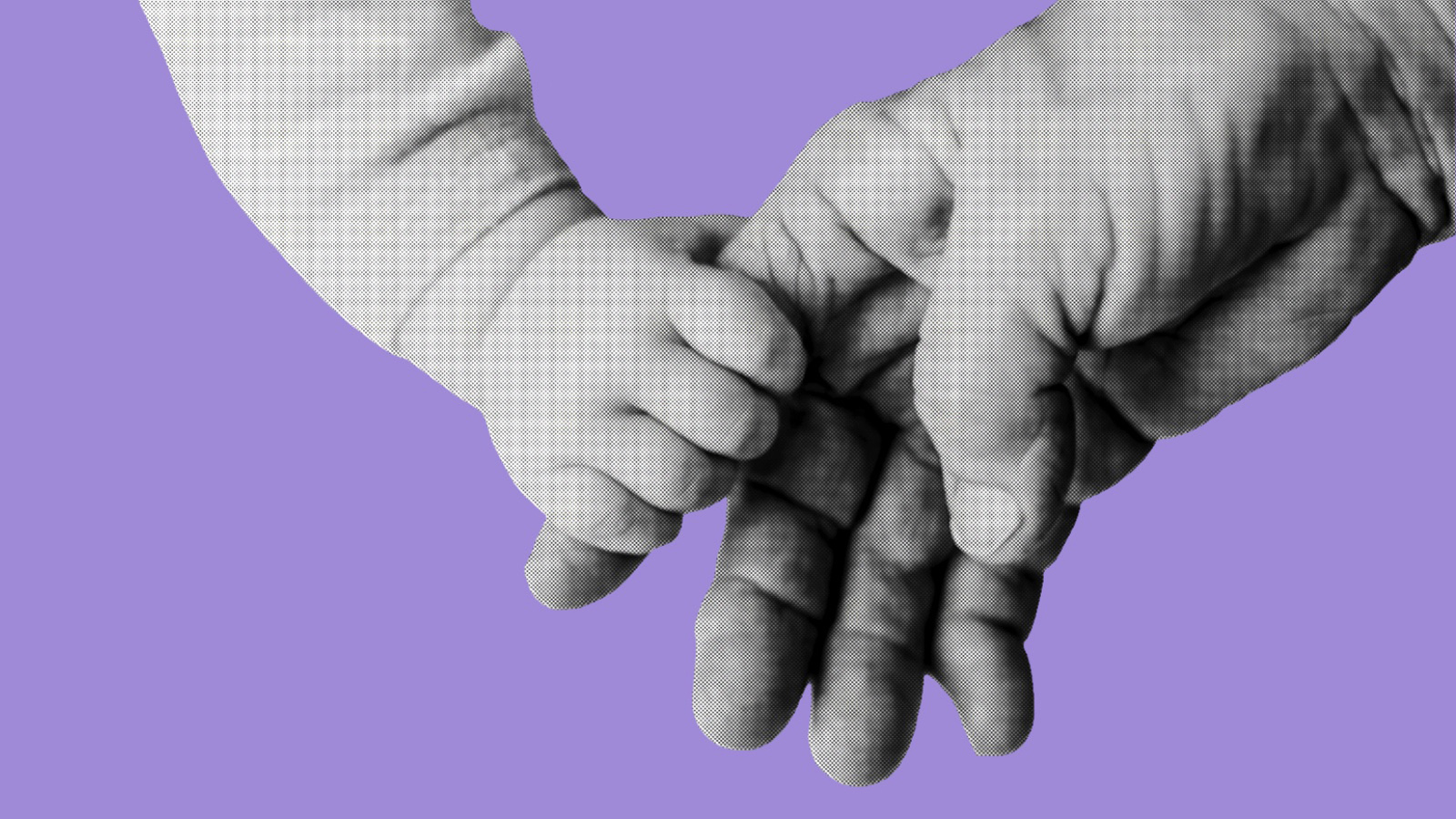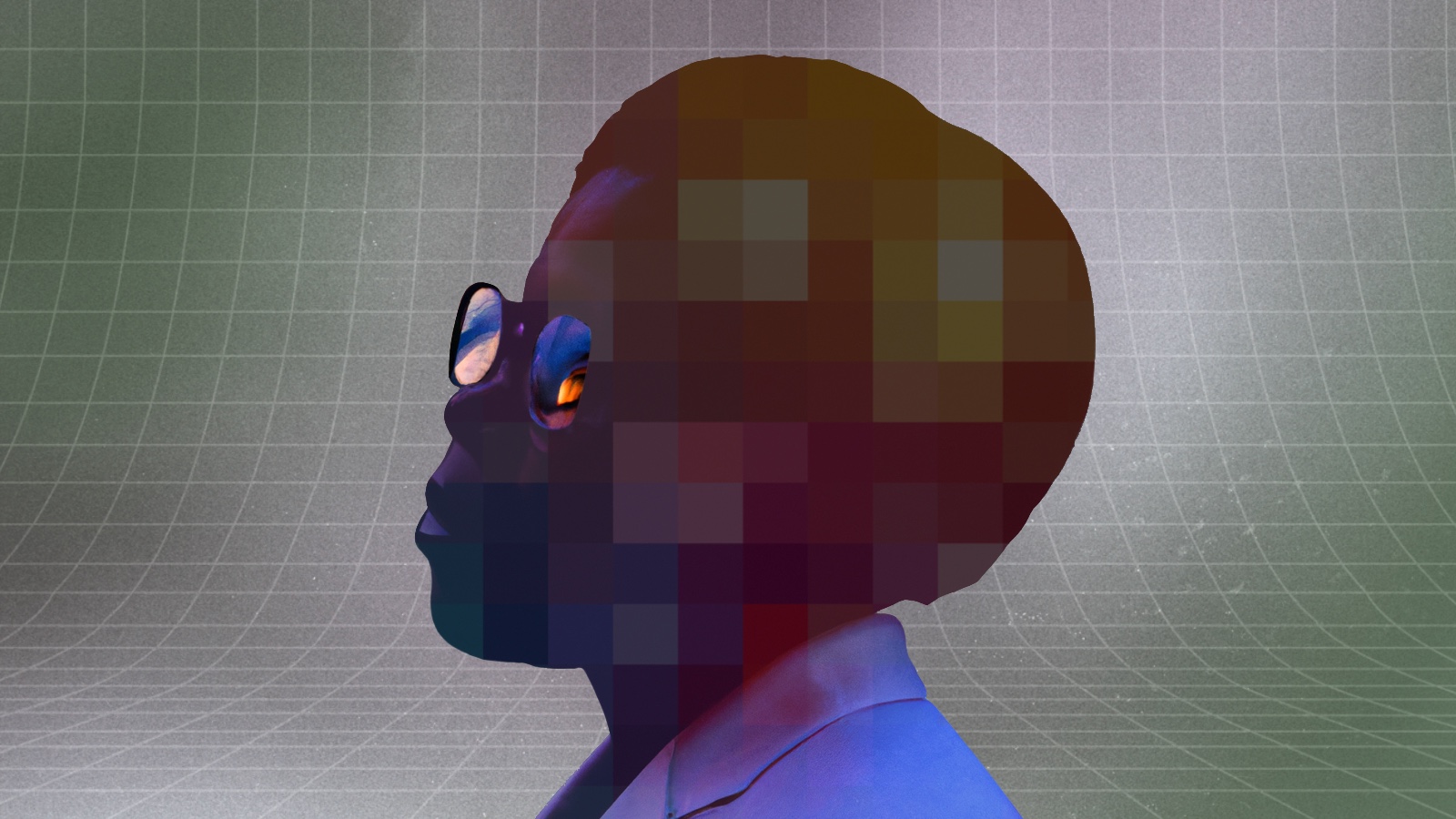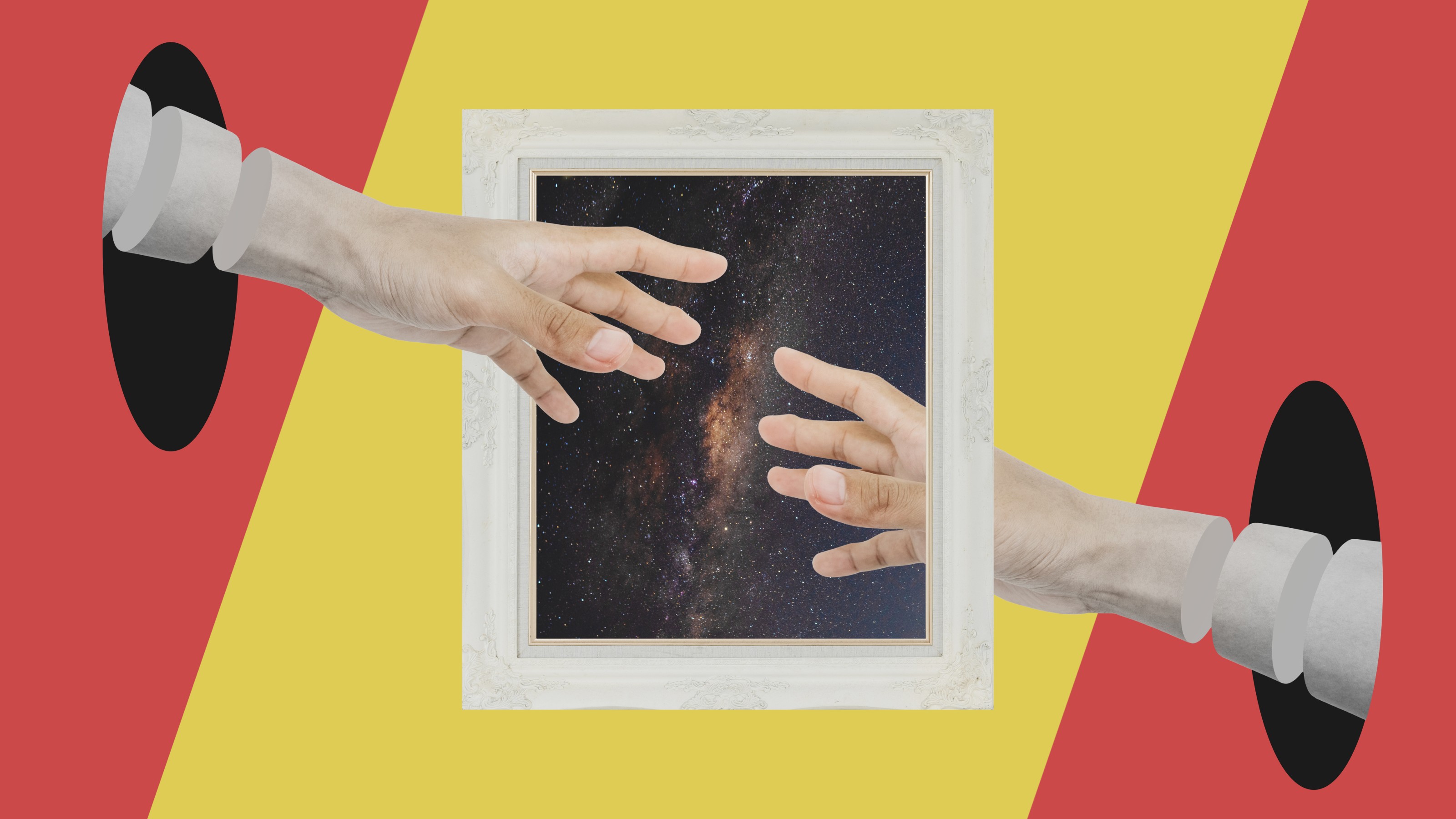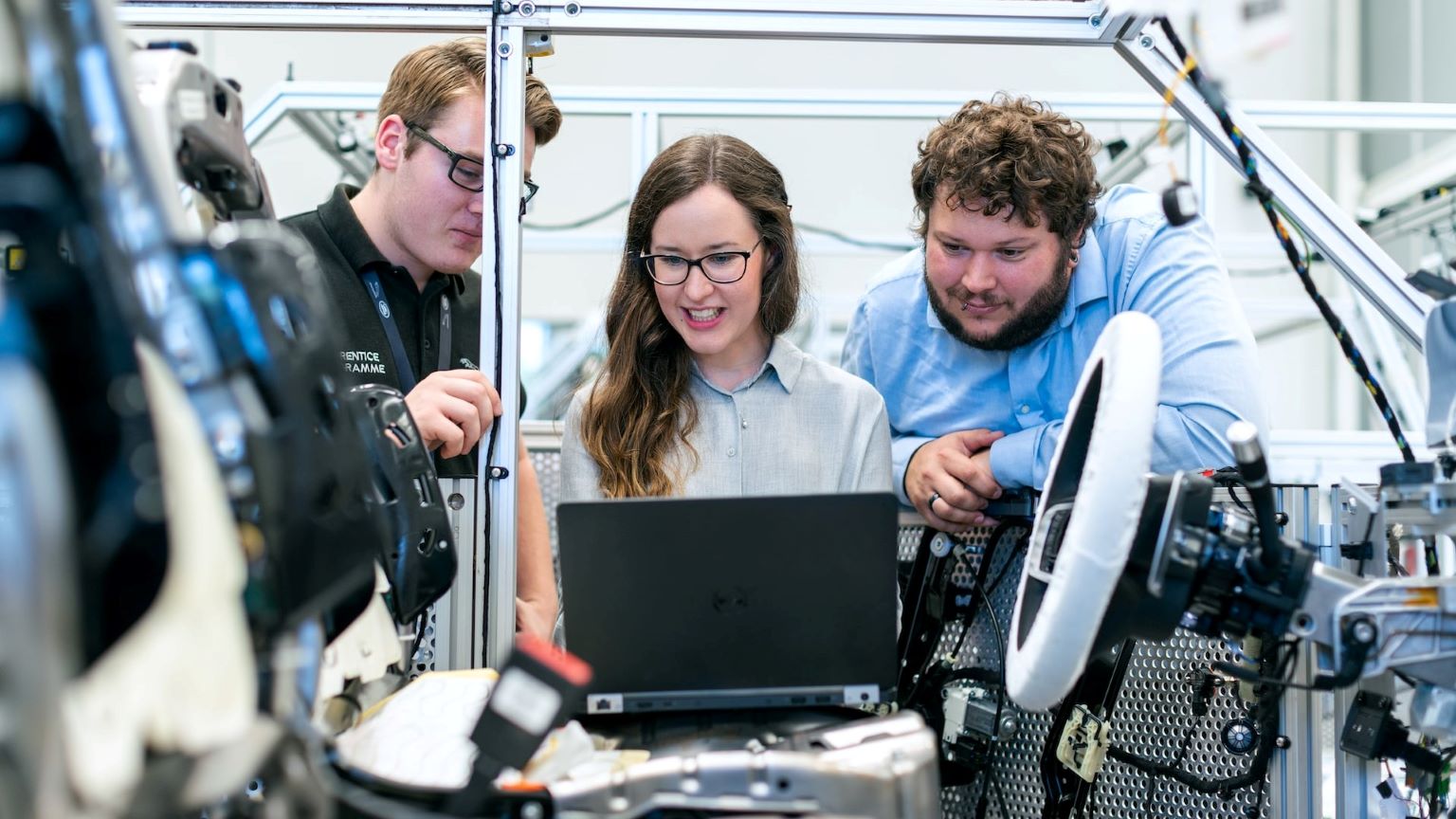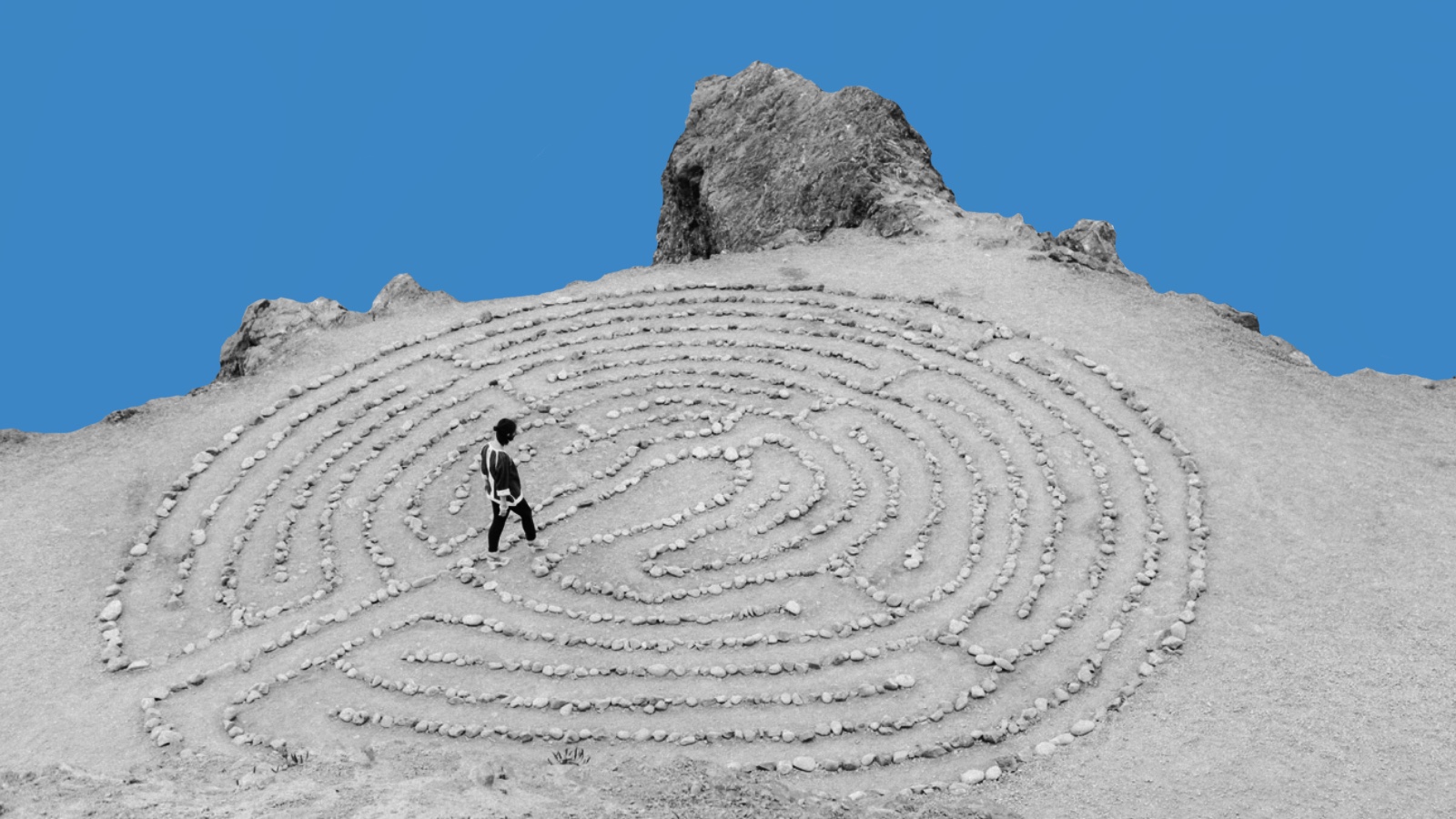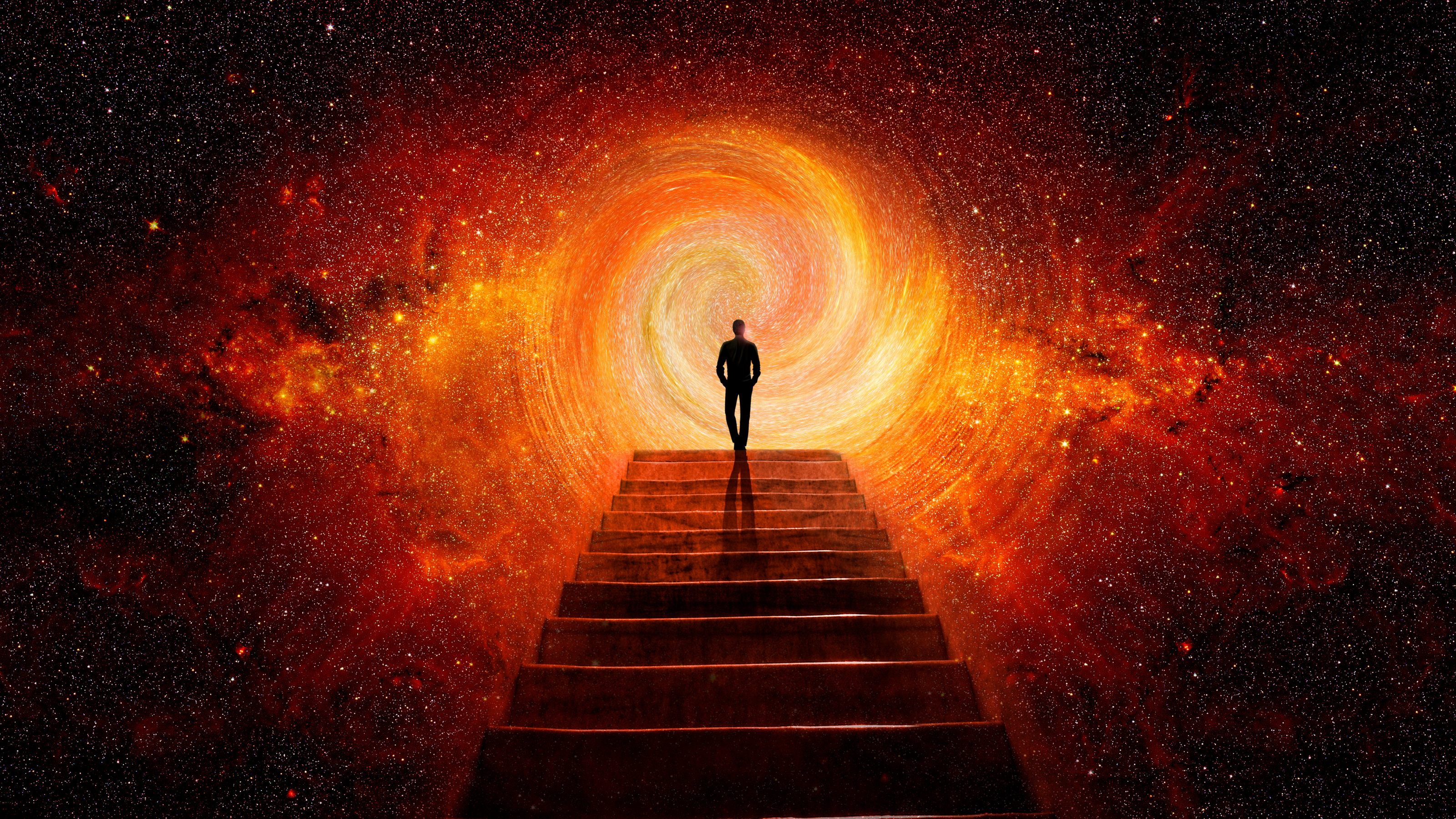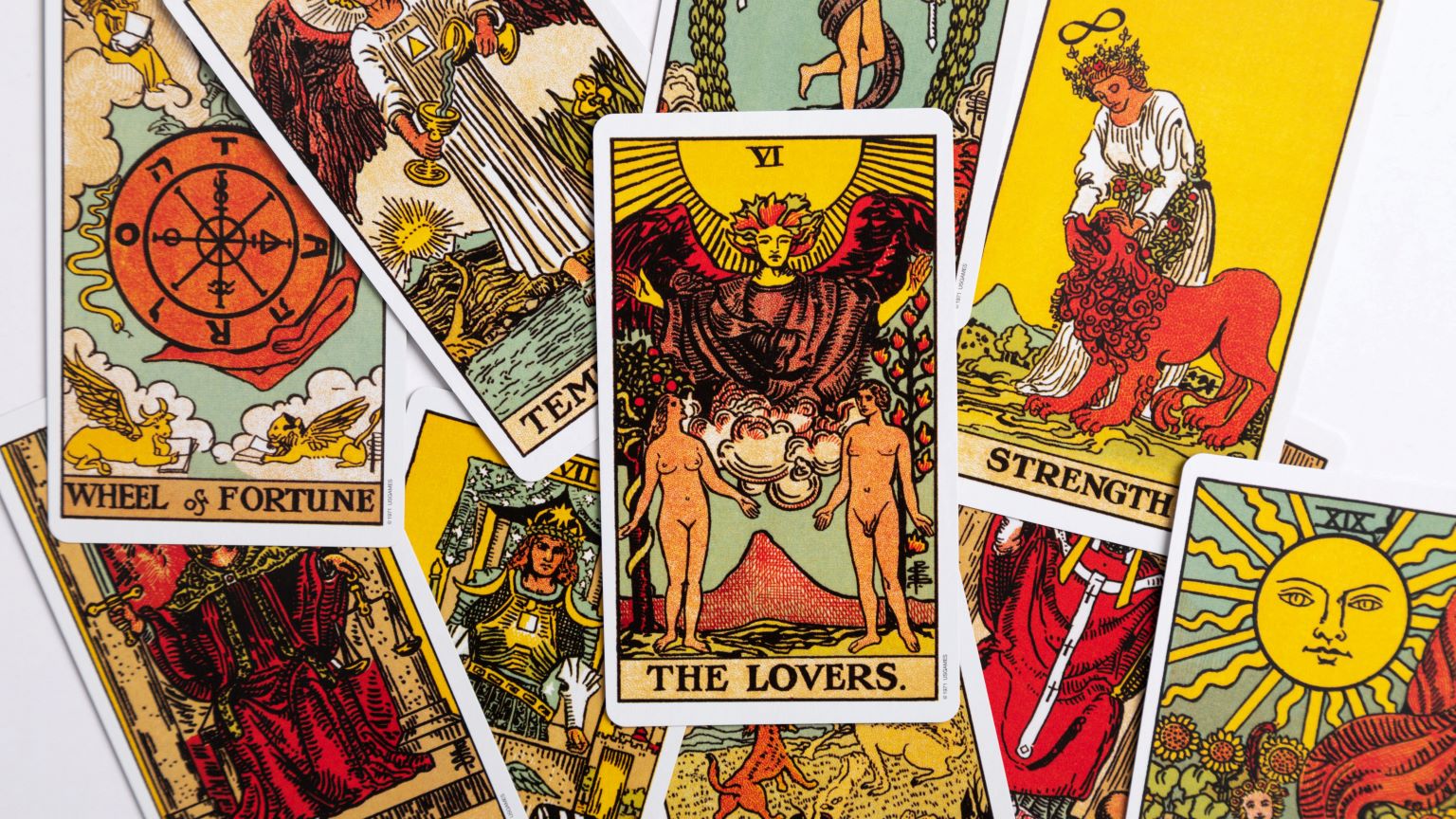emotional intelligence
More than half of Americans feel anxious over their financial situation.
We are tearing ourselves apart over gender issues, with the result that the problems of boys and men are left untreated.
After 70 years, “The Power of Positive Thinking” remains incredibly popular, even though its critics find the book to be mostly fluff.
It might seem petty and shallow to get upset over a bad gift, but there’s often a deeper reason behind the feeling.
There’s no escaping the death of loved ones. But that doesn’t mean we’re powerless in the wake of loss.
Every Christmas could be the last Christmas.
Women have made incredible gains into STEM fields, but they continue to face gender biases in the workplace.
While most participants fibbed a little bit, laptop users were much more likely to lie – and by a lot more.
Expressing gratitude encourages others to continue being generous, promoting a cycle of goodness.
Talking to yourself seems to yield real benefits, from boosts in cognitive performance to improved emotional regulation.
The recipe for a perfect date night: a rom-com, a bowl of popcorn, and a syringe of testosterone — at least for gerbils, anyway.
Just a small gesture or a thoughtful comment can often alter a situation, or people’s perceptions of it, in ways that relieve tensions and make them feel appreciated and included.
Think you should speak about 40% of the time in conversation? How about 70%?
Not every “expert” has the expertise to back up their argument.
Because there’s not enough Walden pond to go around.
When you wish upon a star, it probably makes a difference who you are.
One study estimated that 80% of people include “deviations” from the truth in their online profiles.
People tend to underestimate how much a friend they’ve lost contact with would enjoy a simple note saying “hi.”
When it comes to vetting people for friendship, body odor seems to be a decisive factor.
Evolutionary psychology could explain those otherworldly feelings.
In a world where we assume people tell the truth, liars prosper. To stop them from exploiting others, here are three rules to catch a liar.
It’s the “intersection of burnout, imposter syndrome, and anxiety.”
The Netflix show about a Birmingham crime family and their personal demons concluded earlier this month.
What’s one of the most reliable indicators that a first date is going well? The answer might lie in how closely the couple is matching each other’s behavior and physiology. […]
Success can be measured in different ways. When it hinges entirely on our careers, we fall victim to a devastating addiction.
Arguments are a normal and often healthy part of a relationship. It all depends on picking the right kind of arguments, though.
Pain makes sense from an evolutionary perspective. What’s puzzling is why so many of us choose to seek out painful experiences.
Can we stop mass shootings? The first step is collecting data, and these authors have done just that.
You can love a romantic partner, but also a pet, a book, God, or the sound of someone’s voice. We need many more words for love.
